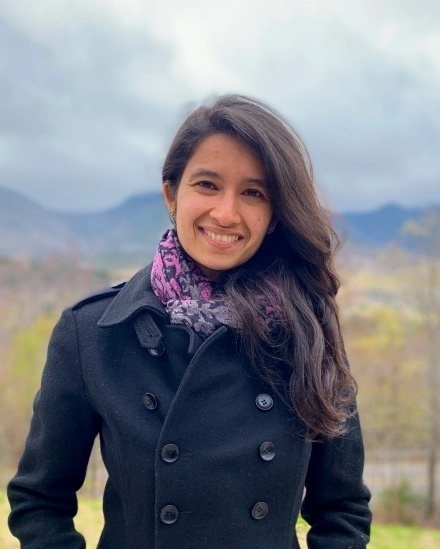
Cog Lunch: Sugandha Sharma "Functional utility of hierarchical spatial representations, and their underlying mechanisms in the Hippocampal Complex"
Description
Speaker: Sugandha Sharma
Abstract: Studies in cognitive science suggest that people represent spaces hierarchically. I ask whether there is a functional utility of hierarchical spatial representations for efficient exploration. I will present a Map Induction framework that uses a compositional hierarchy to represent spaces, and present results on its utility for exploring novel spaces. Next, I ask how such hierarchical representations may be formed mechanistically at the neural level in the brain. Following from Map Induction, the key components required for hierarchical spatial representations are compositionality and high-capacity memory for storing compositional primitives. I will present a neural model called MESH (motivated by the Entorhinal-Hippocampal system), that has an exponential capacity and shows a gradual decay in retrieval quality with an increase in the number of stored memories rather than a catastrophic drop. Next, I will present a model of the Entorhinal-Hippocampal circuit and show that it forms an instance of MESH, preserving all its properties. In addition, this model unifies spatial and episodic memory. Further, I will show how this model can generate compositional spatial maps through online fragmentation of maps into smaller primitives, and online merger of smaller primitives for forming larger primitives through spatial chunking. This provides a mechanistic basis for hierarchical spatial representations at the neural level, that can potentially be useful for Map Induction.
Zoom link: https://mit.zoom.us/j/8796050369

